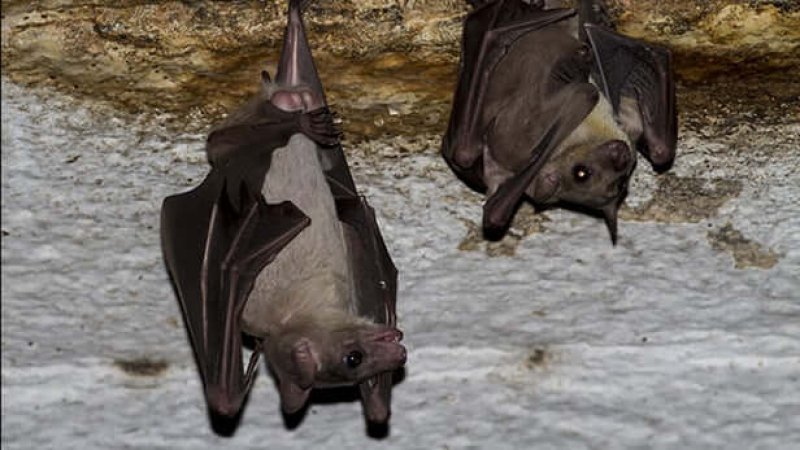The notorious filovirus family — which includes such dangerous actors as the Ebola and Marburg viruses — seems to just keep getting bigger.
In a new study, scientists from Singapore and China have announced they found a new branch of the family, in bats in China. While there is no evidence the new virus — called Měnglà after the place where it was discovered — has caused outbreaks in people, the virus has traits similar to those that have helped its cousin viruses break into human cells.
…
The revelation follows news last summer that a new member of the Ebola family, the Bombali virus, had been found in Sierra Leone.
“Studying the genetic diversity and geographic distribution of bat-borne filoviruses is very important for risk assessment and outbreak prevention as this type of infectious disease can affect the general public without warning with devastating consequences,” senior author Wang Lin-Fa said in a statement.
…
The new virus has the capacity to attach to the same cell receptors as Ebola and Marburg viruses do, the scientists reported. Work on cell lines derived from humans, monkeys, hamsters, and dogs suggests Měnglà would be able to infect them.
Overall, the scientists reported that, like Ebola and Marburg viruses, the new virus “poses a high risk of interspecies transmission.”
Read full, original post: New Ebola-like virus is discovered in China































